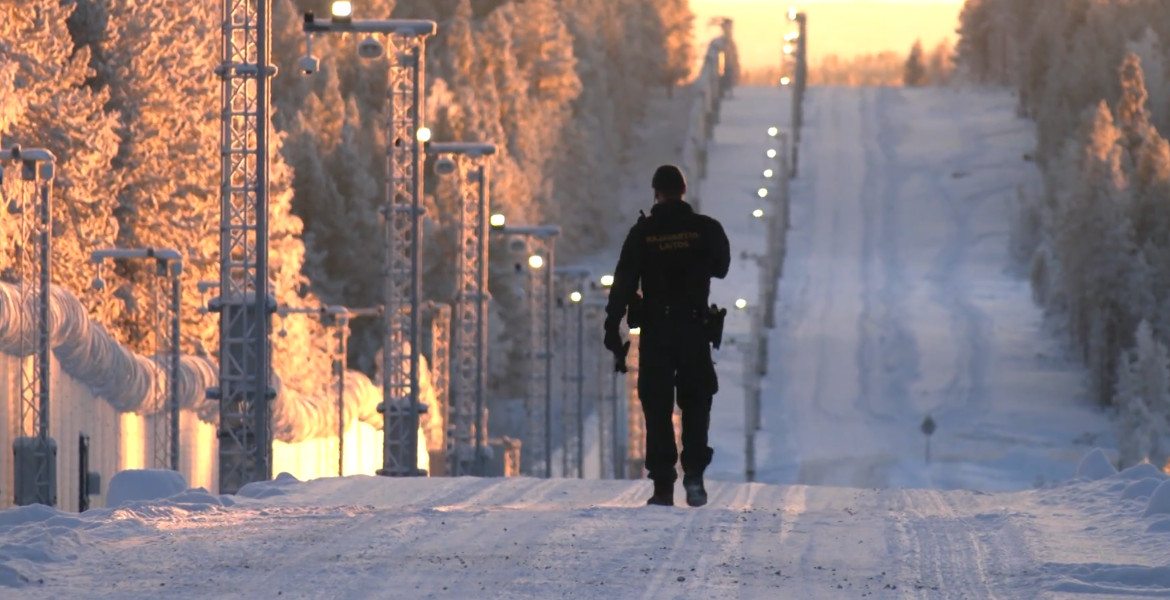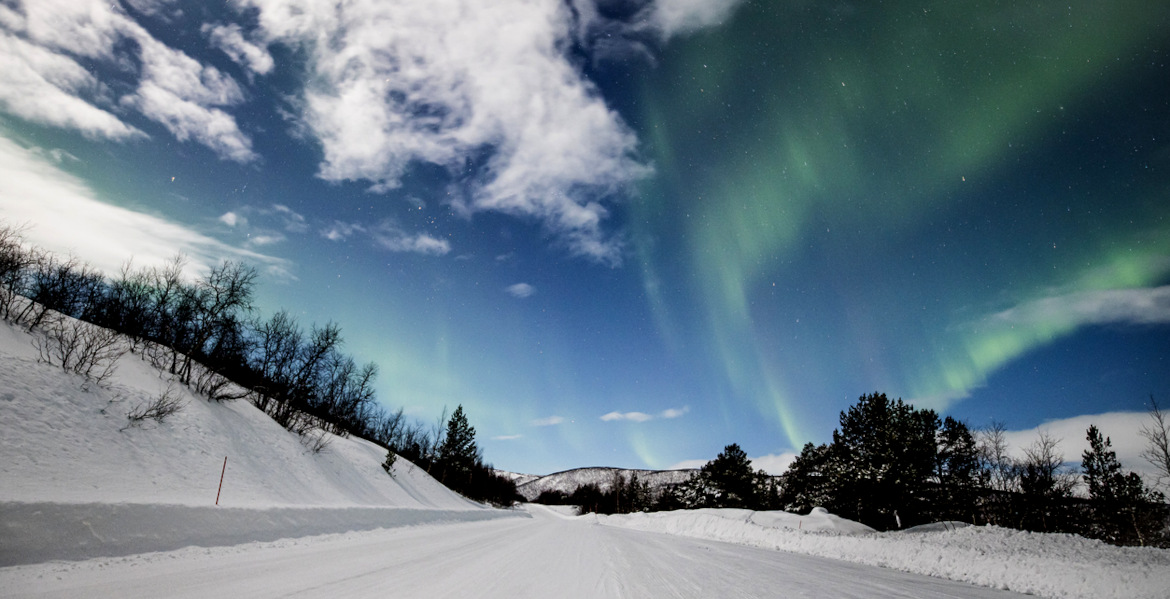Global mortality is declining, but not among all age groups. Researchers are now warning that the world faces a growing crisis – namely an increasing number of deaths among adolescents and young adults.
Today, people live an average of 20 years longer than in the 1950s, and age-standardized mortality is 67 percent lower – according to the annual Global Burden of Disease study, which has analyzed data from 204 countries and territories between 1990 and 2023.
In the study, published in The Lancet, thousands of researchers have analyzed data and produced estimates for 375 diseases and injuries as well as 88 risk factors by age and sex – globally, regionally, and nationally for all countries.
It shows that half of the world's diseases are preventable and are driven by various risks such as high blood pressure, air pollution, smoking, and obesity.
Non-communicable diseases such as heart disease, stroke, and diabetes account for nearly two-thirds of the world's total mortality and morbidity.
Suicide and drugs among young people
Despite the decline in global age-standardized mortality, researchers are sounding the alarm about a concerning trend: mortality among young adults is increasing in several parts of the world.
Among adolescents and young adults, the largest increase in deaths was recorded among people aged 20 to 39 in high-income countries in North America between 2011 and 2023, where suicide, drugs, and alcohol were the main causes.
During the same period, deaths also increased in the 5-19 age group in Eastern Europe, high-income countries in North America, and the Caribbean.
— The evidence presented in the Global Burden of Disease study is a wake-up call, urging government and health care leaders to respond swiftly and strategically to the disturbing trends that are reshaping public health needs, says Christopher Murray, director of the Institute for Health Metrics and Evaluation at the University of Washington.
In sub-Saharan Africa, more young people are also dying, but there infectious diseases and accidents are claiming young lives.
Mental illness increasing
Furthermore, mental illness continues to increase globally – with anxiety syndromes having increased by 63 percent and depression by 26 percent since 1990.
Geographic differences remain significant. Life expectancy varies from 83 years in high-income countries to 62 years in sub-Saharan Africa. Today, the global average life expectancy is 76 years for women and 71.5 years for men.




